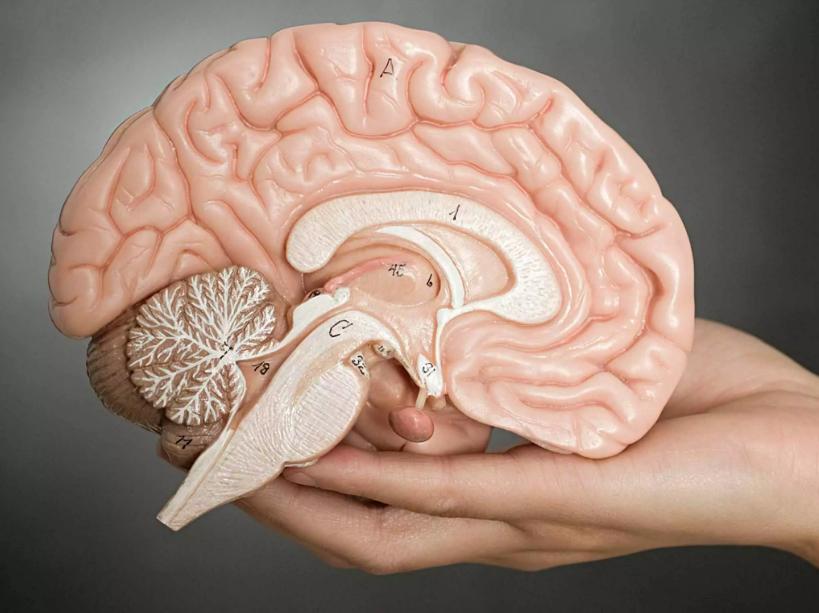A neuroscientist explains how being bilingual makes your brain more robust

Marian Sigman, a neuroscientist and author of "The Secret Life of the Mind: How Your Brain Thinks, Feels, and Decides," explains how babies that grow up bilingual will have brain functions that might be superior to those children that only speak one language.
This is what he has to say:
"Is it good or bad for my baby to grow listening and speaking more than one language?
"I'm Mariano Sigman. I'm a neuroscientist, and I just wrote a book called "The Secret Life of the Mind."
"It's very hard to find places where people speak just one language It's not only beautiful, in a way, and it's not only a way that opens the possibility to talk to many more people and to learn more things and to broaden our minds to other places of the world, but also that it's somehow associated with intelligence.
"So is it good, or is it bad?
"There is a very important function, brain function, which is generally called executive function or cognitive control. It's our ability to control our thoughts. Be attentive to one conversation, because we have to do it even when someone is speaking on the other side. It's our ability to persist doing something even when our brain is telling you, "I'm tired. I don't want to do that."
"So, in a way, it's like being pilots of our own existence. This is called cognitive control.
"And the one thing we know is that bilinguals are much better in cognitive control than monolinguals. Many, many studies have found that cognitive control is one of the most decisive variables, one of the most important pieces of cognitive function. People that have good cognitive control do good at school, typically find better jobs, are healthier. They have better social insertion.
"Bilingualism improves cognitive control. Cognitive control improves cognition in a way that impacts many, many things in life. And bilingualism doesn't have a risk of actually delaying our linguistic experience."
Read more:
• How much the best paid workers in 20 professions earn
• Seven outdated men’s style ‘rules’ that you can now ignore
• 16 skills that are hard to learn but will pay off forever
Read the original article on Business Insider UK. © 2017. Follow Business Insider UK on Twitter.
Join our commenting forum
Join thought-provoking conversations, follow other Independent readers and see their replies
Comments
Bookmark popover
Removed from bookmarks